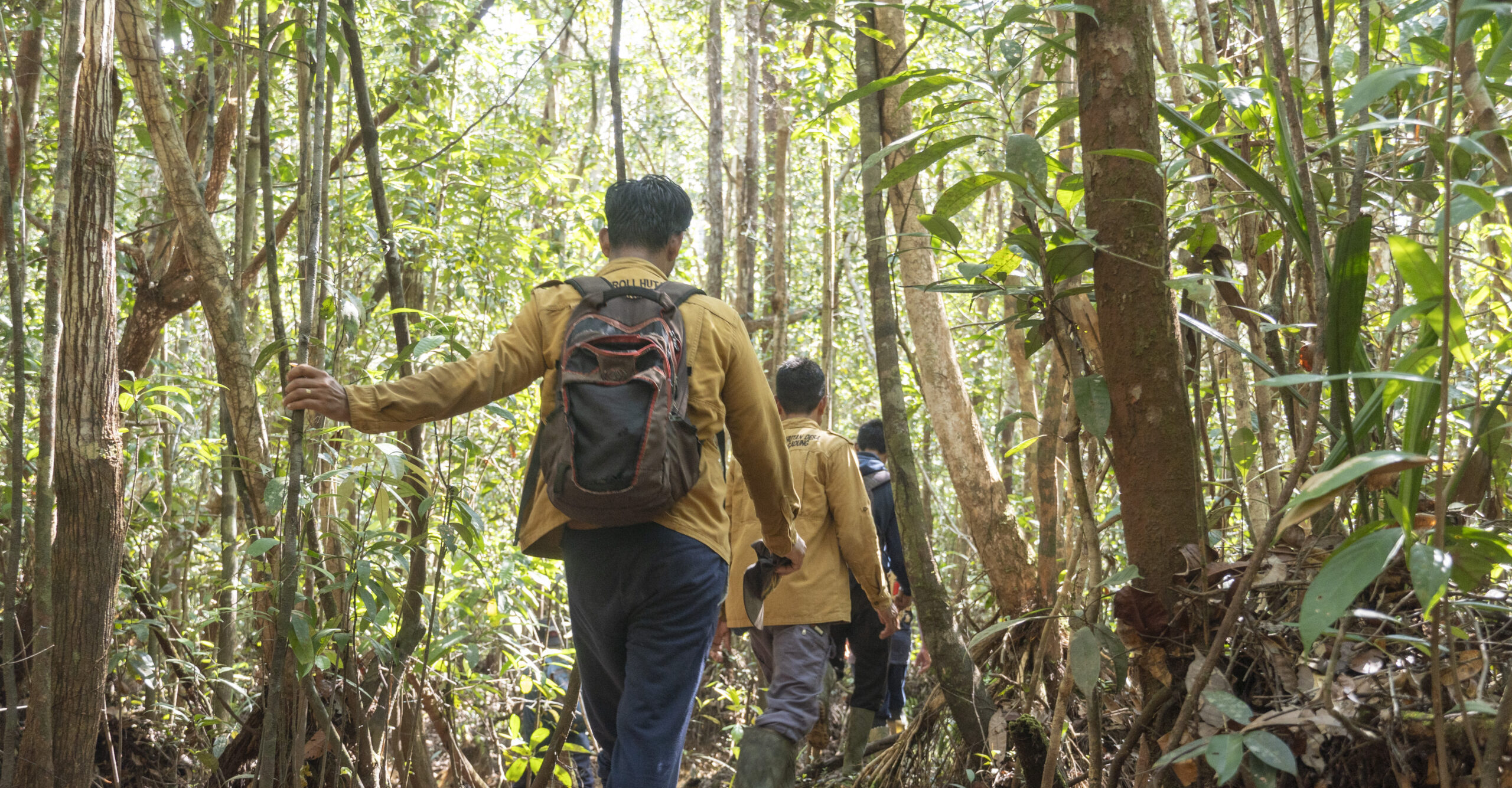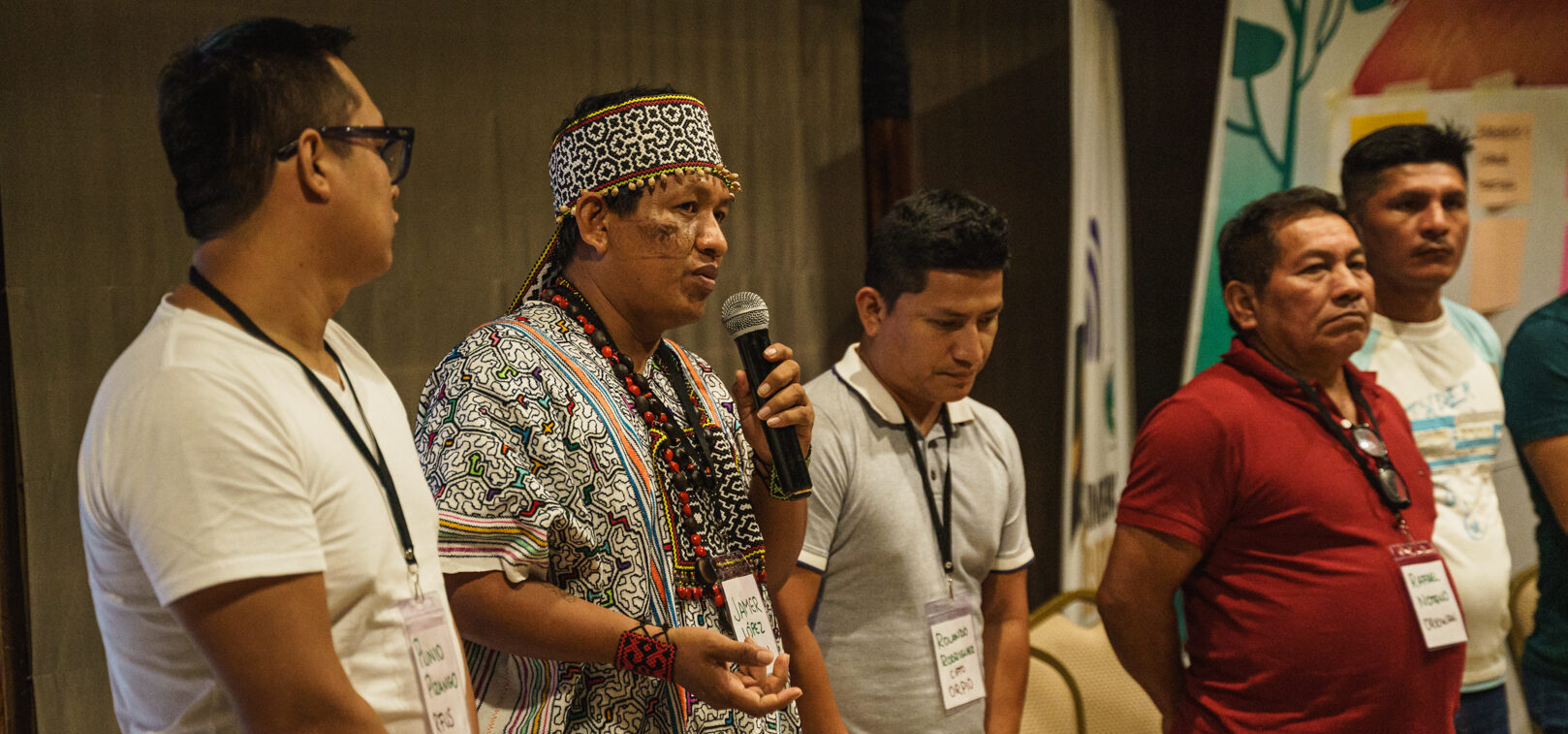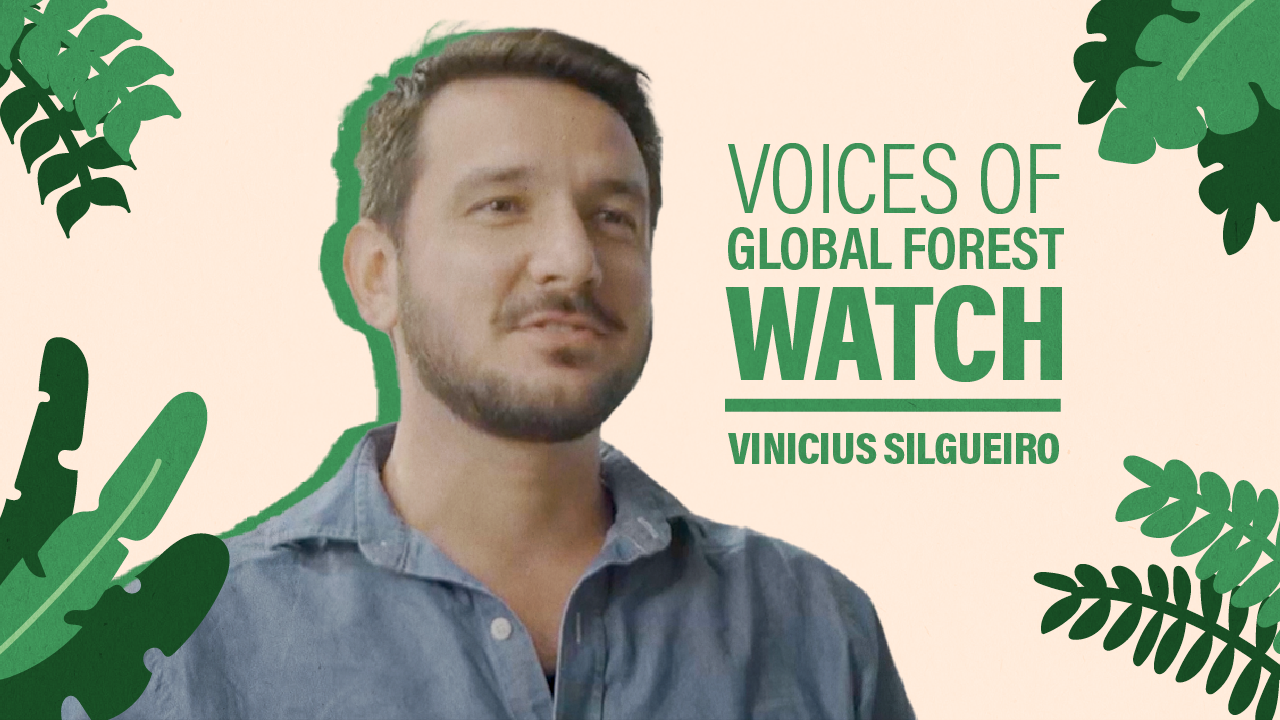- Users In Action
Introducing Global Forest Watch’s 2023 Small Grants Fund Recipients
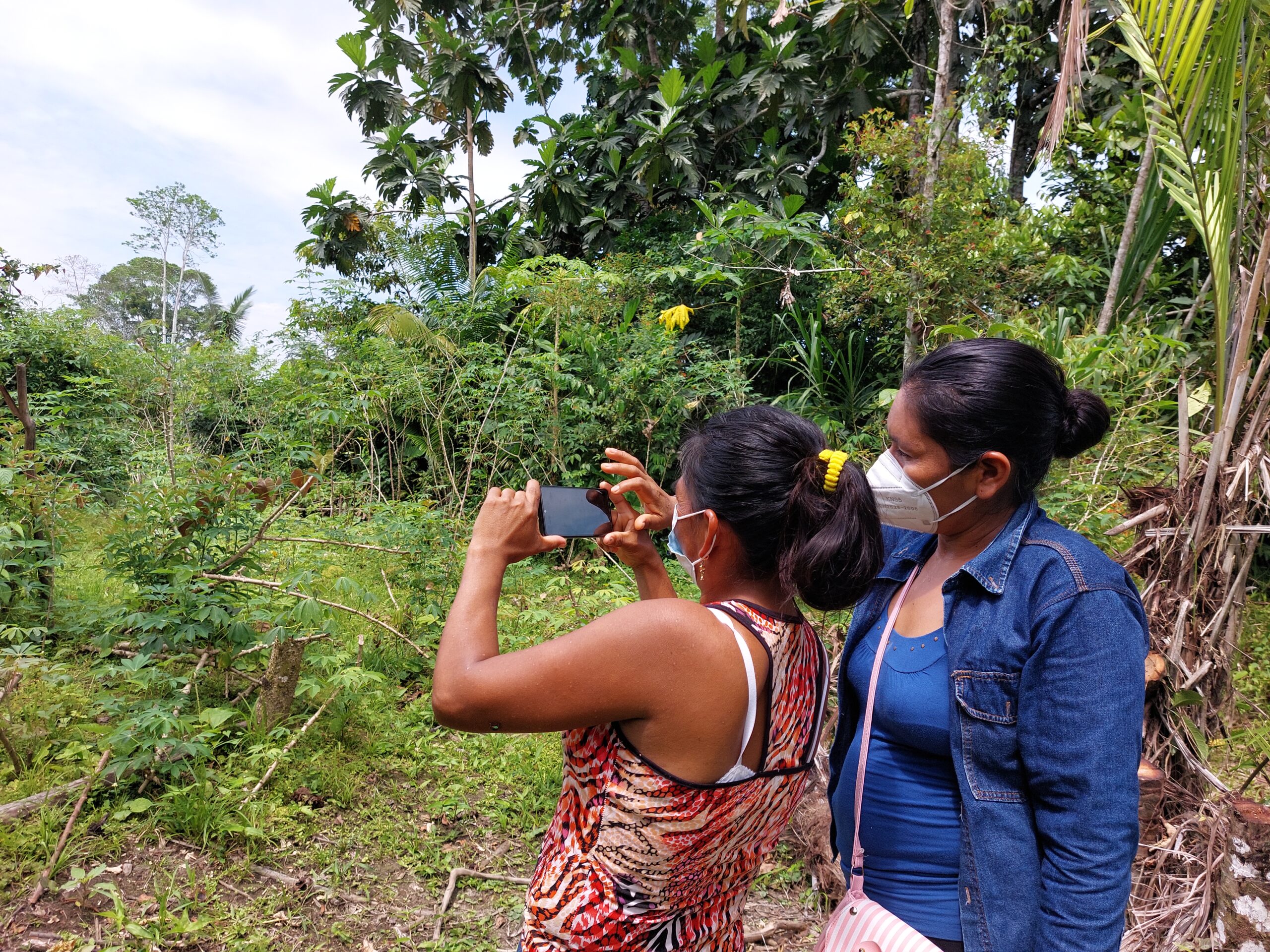
2023 GFW Small Grants Fund recipient Rainforest Foundation US
The power of Global Forest Watch (GFW) culminates with its application on the ground. After reviewing hundreds of inspiring proposals, the GFW team is pleased to welcome 15 Small Grants Fund (SGF) recipients in 2023 across Central and South America, Africa and Southeast Asia that are harnessing GFW tools to protect critical habitats and community lands. This year’s grantees will use satellite-based forest monitoring technologies to raise awareness and build capacity of communities, civil society, law enforcement and journalists to manage and protect forests and improve forest governance.
Small Grants Fund Recipients Use GFW Data to Monitor, Manage and Protect Forests
Knowing when and where deforestation is happening as soon as possible is crucial to stopping it. Deforestation alerts use satellite imagery to identify recent forest disturbances across the tropics. Verifying alerts in the field and documenting of the causes of deforestation are crucial for collecting the data necessary to take action, such as alerting authorities.
Recognizing the power of alerts in halting deforestation, 2023 grantees are working to build capacity to identify and respond to such events and improve community management of forest areas:
Enhancing Community-Led Protection of Critical Habitats
Forest communities are important allies against continued deforestation, which impacts the essential ecosystem goods and services that supplement their livelihoods. A recent WRI analysis, Indigenous Forests Are Some of the Amazon’s Last Carbon Sinks, further highlights the importance of supporting community-led work on monitoring and protecting these crucial habitats. In line with these findings, several of the 2023 SGF projects focus on community-led work.
Rainforest Foundation US (RFUS) has developed a community-led rainforest monitoring program, Rainforest Alert, which connects Indigenous Peoples with remote sensing technologies to map, monitor and secure their territories against illegal deforestation by combining satellite imagery with investigations on foot. In Peru, RFUS works in partnership with Indigenous communities of the Kichwas, Ticunas and Shipibos to protect thousands of hectares of Indigenous forests in the Loreto and Ucayali regions using spatial data as evidence for enforcement actions.
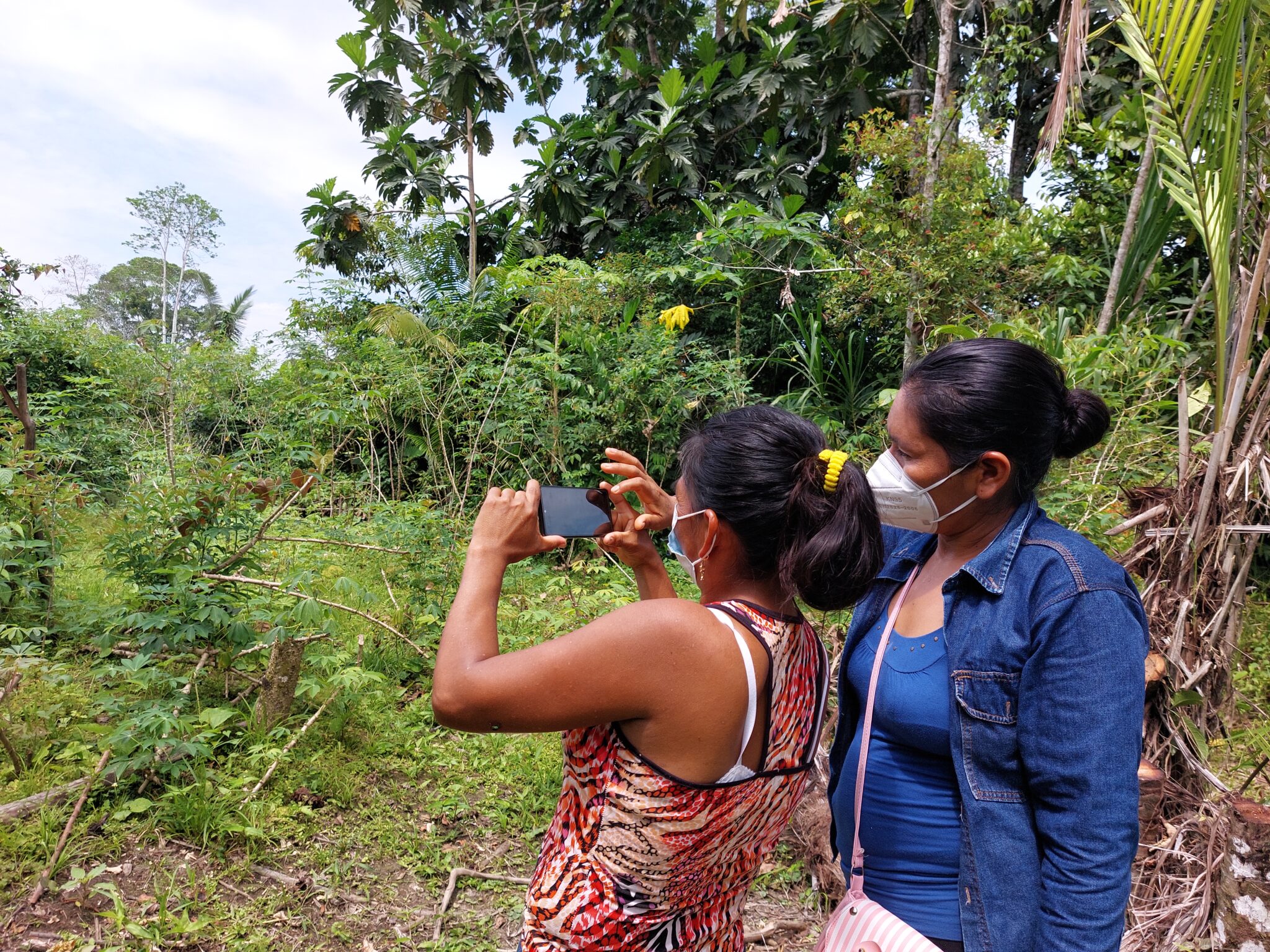
In Cameroon, the Yabassi Key Biodiversity Area (KBA) is comprised of areas with high biological diversity, including communal forests that form a wildlife migration corridor. Ajemalibu Self Help will train community members on forest monitoring through the Forest Watcher app and the use of drones to document deforestation drivers within the Yabassi KBA. They will create a map of hotspots of illegal activities based on GFW data and monitoring reports, which will be published and shared with local NGOs, community-based monitoring groups and forest managers.
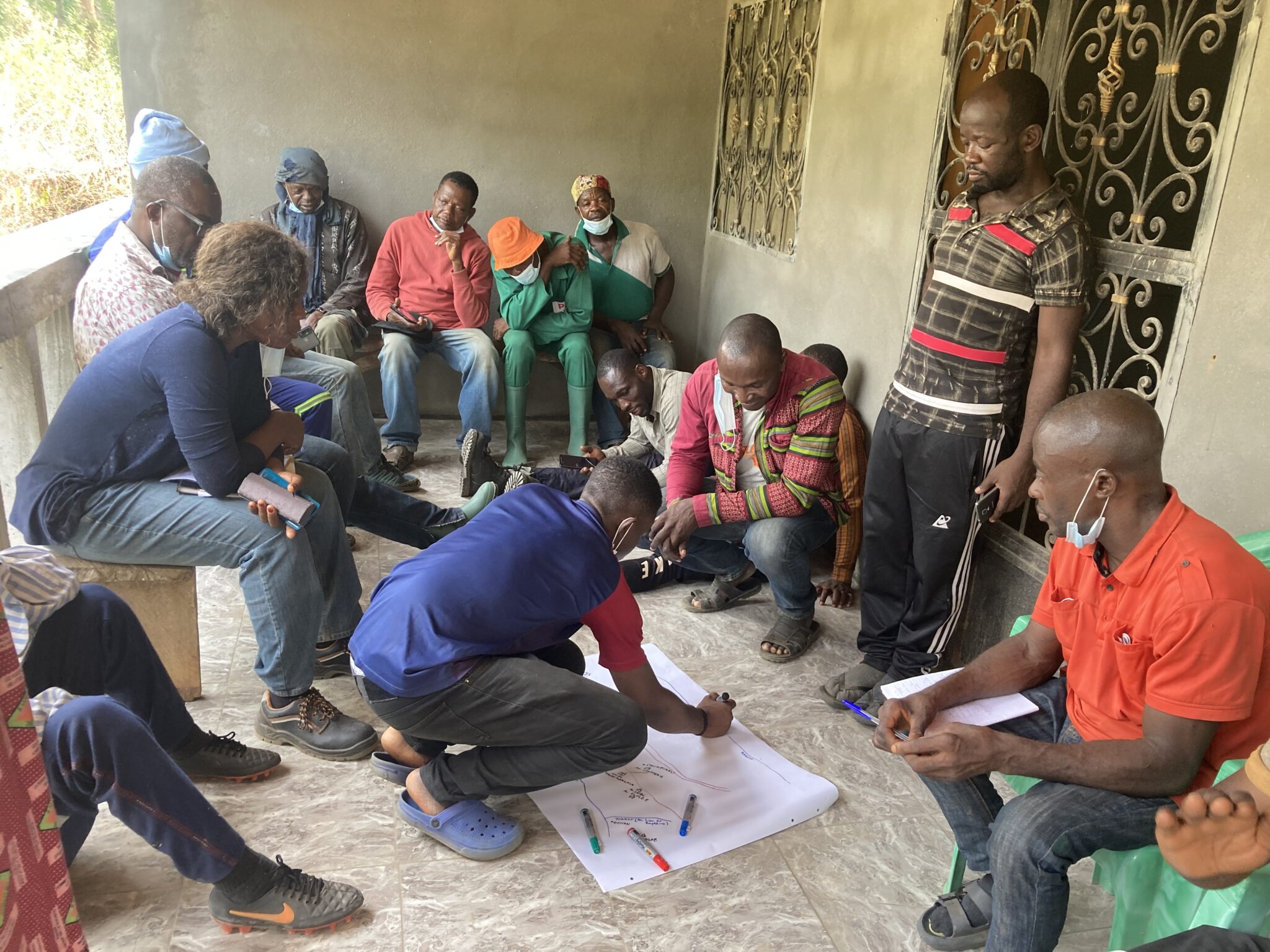
In Colombia, COCOMASUR will increase the technical capacity of their forest monitoring team in early detection of disturbances, and in systematically recording field verification data on deforestation and fire alerts in 39,000 hectares of collective territory held by Afro-Colombians.
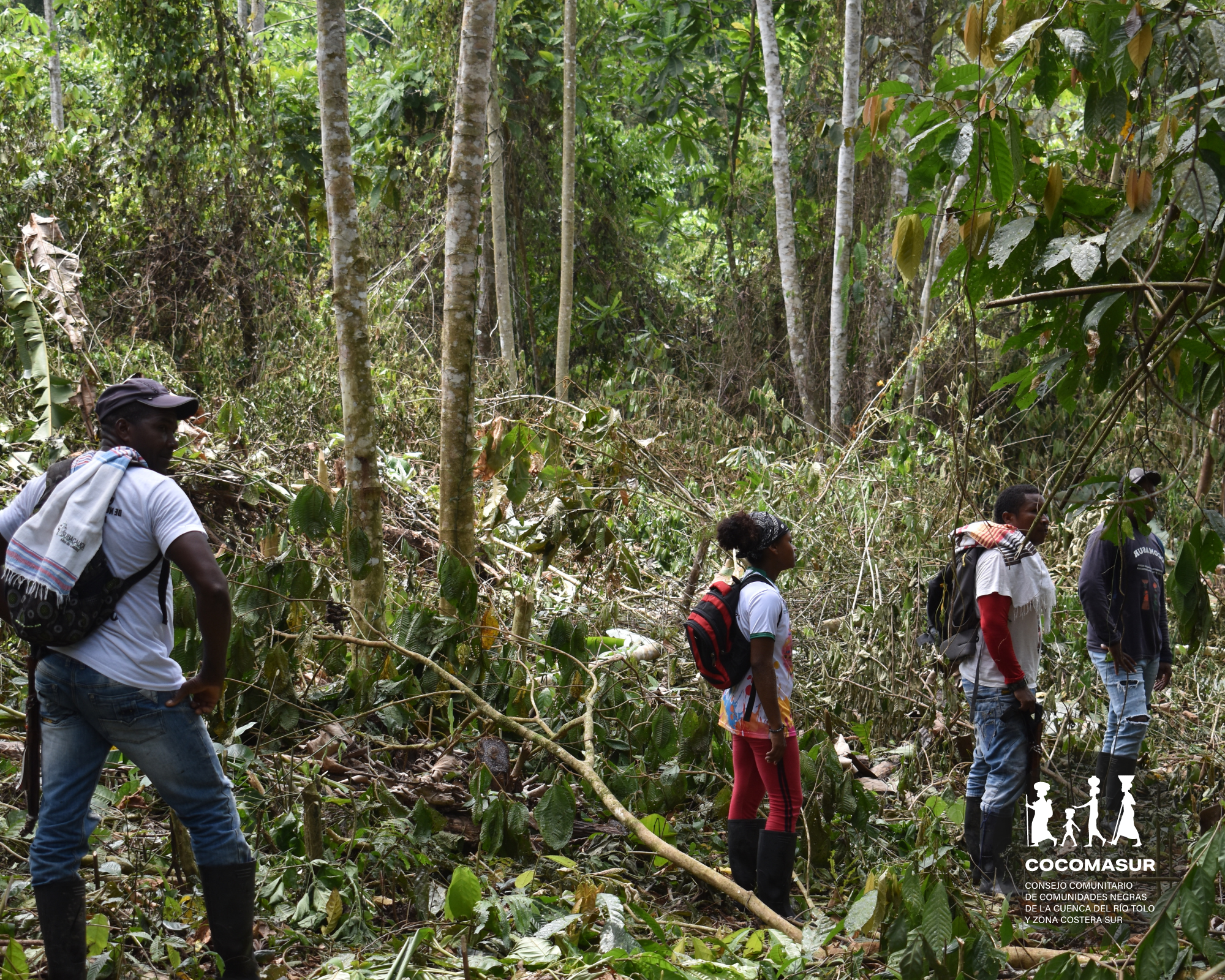
EcoLogic Development Fund will work in Guatemala, Honduras and Mexico to improve forest protection and conservation management by community organizations. This project will train and increase the participation of community organizations and community monitoring brigades to better respond to direct threats on over 128,000 hectares of forest through the use of deforestation and fire early warning systems.
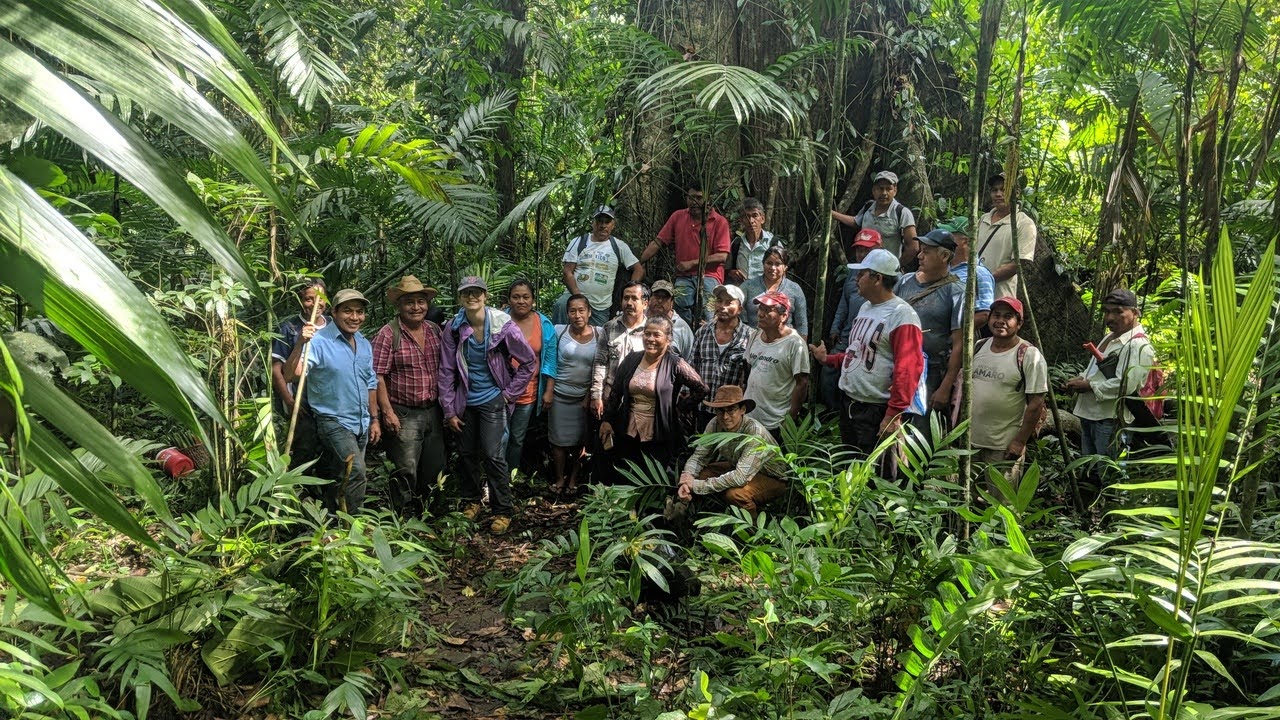
Action for Sustainable Development (ASD) will build capacities and awareness of the Megamé Gorilla Sanctuary Conservation Service in Cameroon of deforestation activities using GFW tools. ASD will document images and testimonials from the field to create a documentary, which they will share to improve awareness and forest monitoring strategies.
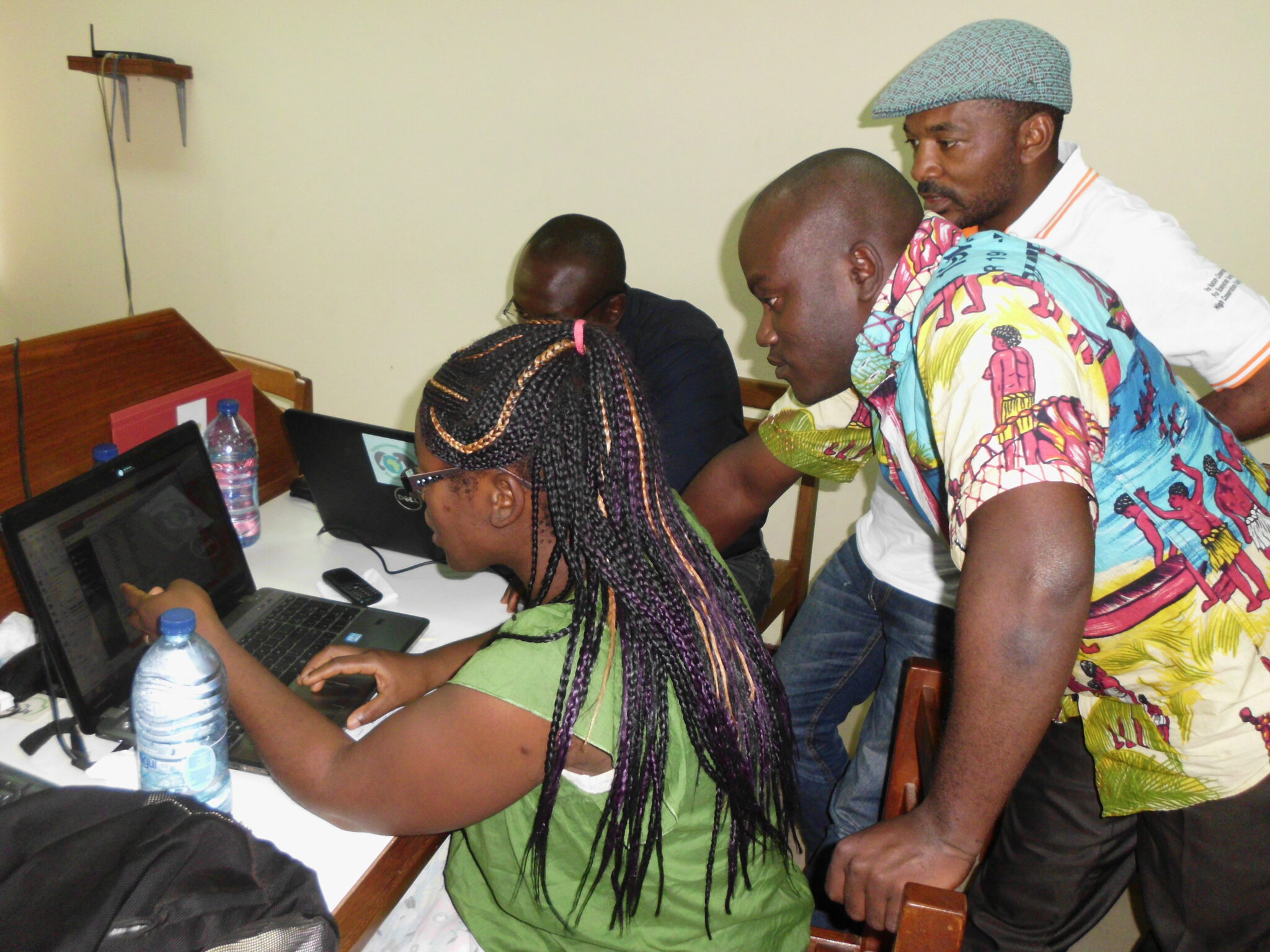
The Aru Islands in Indonesia lost 18,200 hectares of tree cover from 2001-2021, mostly due to illegal logging. The primary forests of the Aru Islands are a source of life for the Indigenous Aru people. Forest Watch Indonesia will raise awareness among local communities of regulatory timber administrations, such as the Sustainability Legality Verification System, that communities can use to eradicate illegal logging.
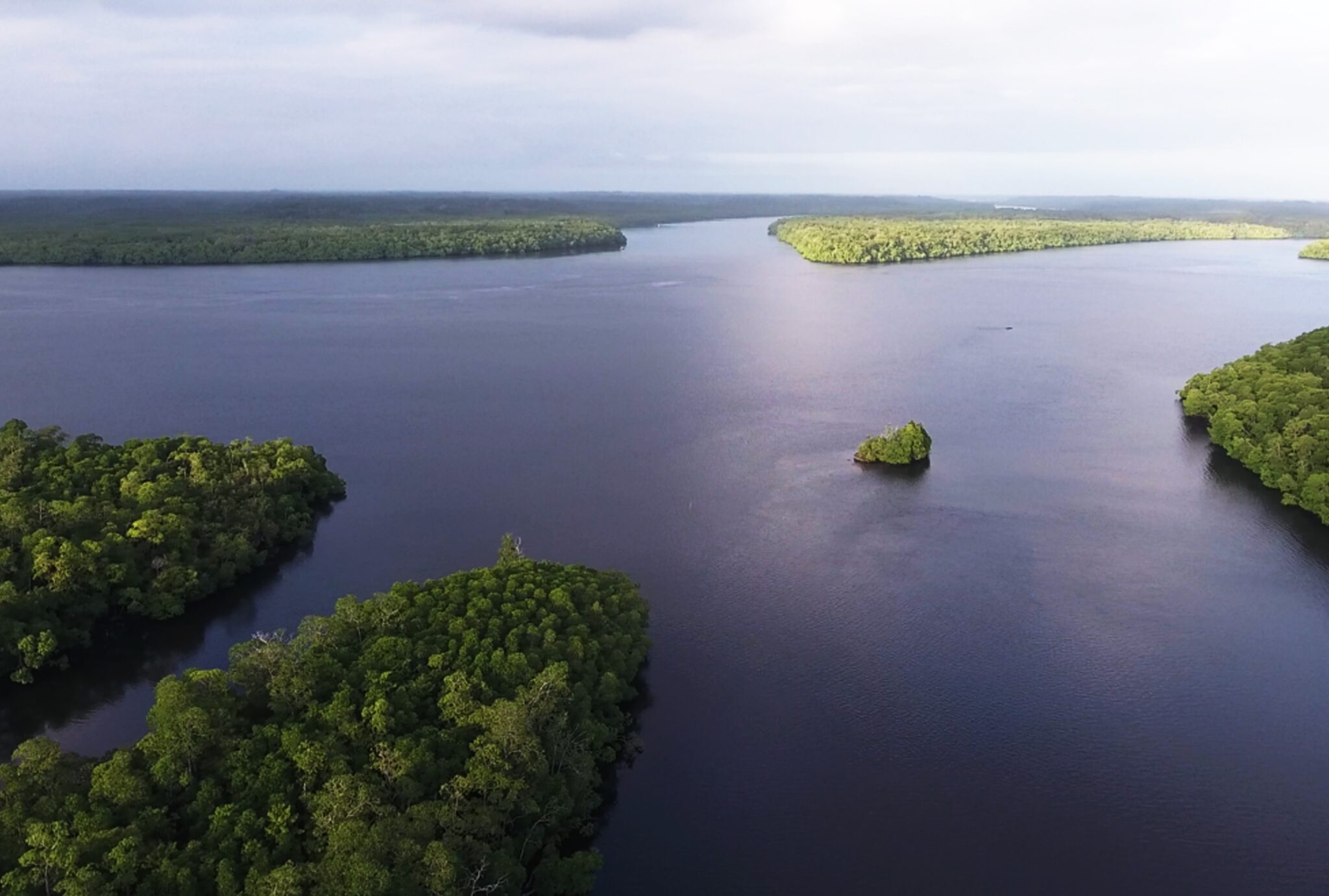
Tackling Nature Crimes in Protected Areas
Protected areas safeguard biodiversity, enhance water and food security and increase resilience to climate change, and they contain an estimated 21% of the world’s forests. However, since 2001, tree cover loss has increased an average of 10% per year in areas with the highest designation for protection, including national parks and nature reserves. 2023 grantees are working alongside law enforcement and forest communities to protect some of the world’s most important remaining forests.
Past SGF grantee, HAkA, will build on activities that have already trained more than 1,600 participants from government, NGOs, academia, law enforcement, journalists and local communities to continue their forest monitoring work in the Leuser Ecosystem of Indonesia. This project will focus on the intensive application of GFW by forest managers and a national park to encourage more frequent joint patrols and countermeasures by law enforcement against widespread forest destruction.
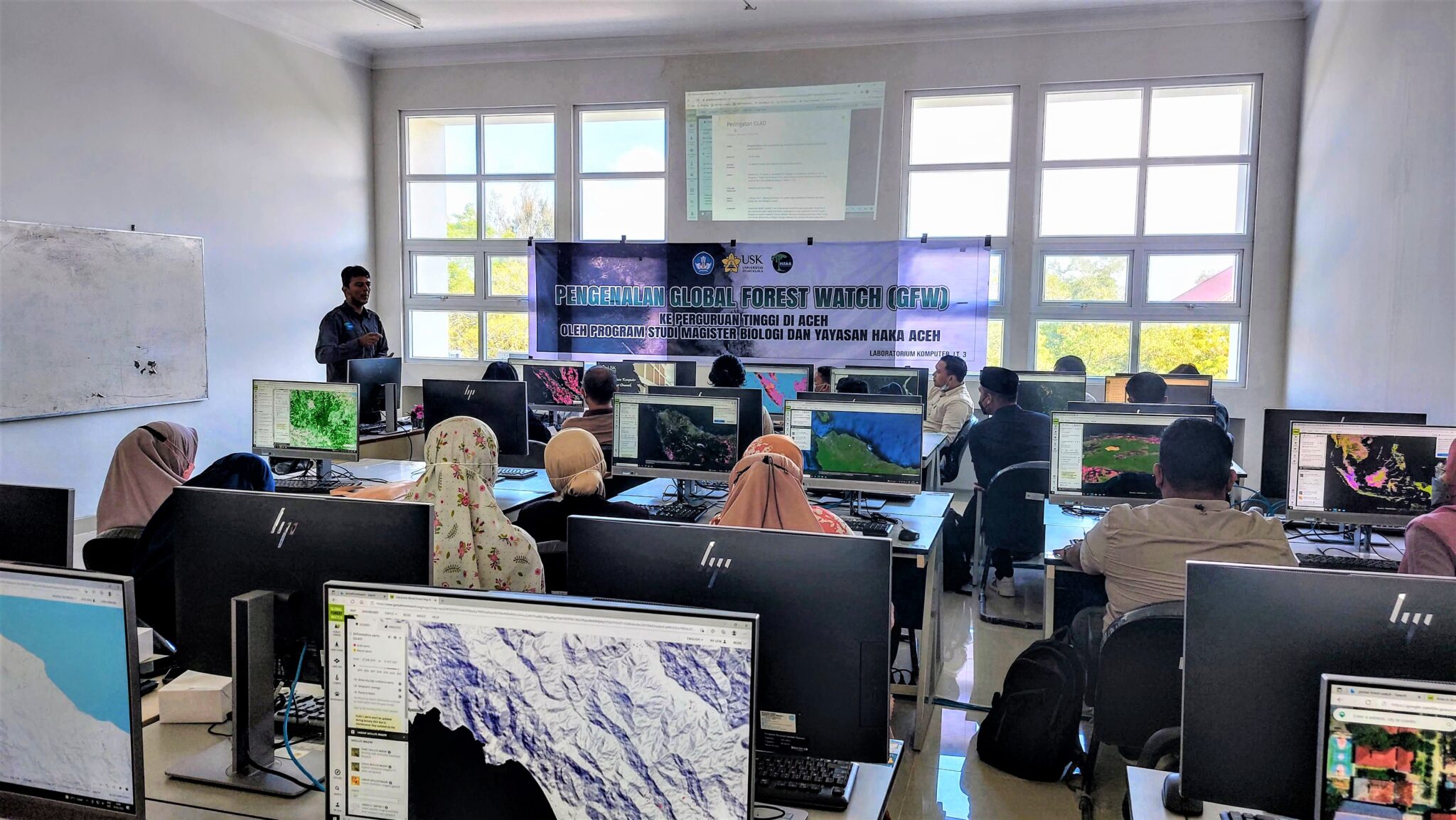
Yayasan Ekosistem Lestari will work with national park authorities in the Leuser and Batang Toru critical ecosystems of Indonesia to leverage effective monitoring for sustainable forest management through targeted patrols of deforestation hotspots to investigate, report and ultimately reduce the number of deforestation events that are threatening critically endangered habitats.
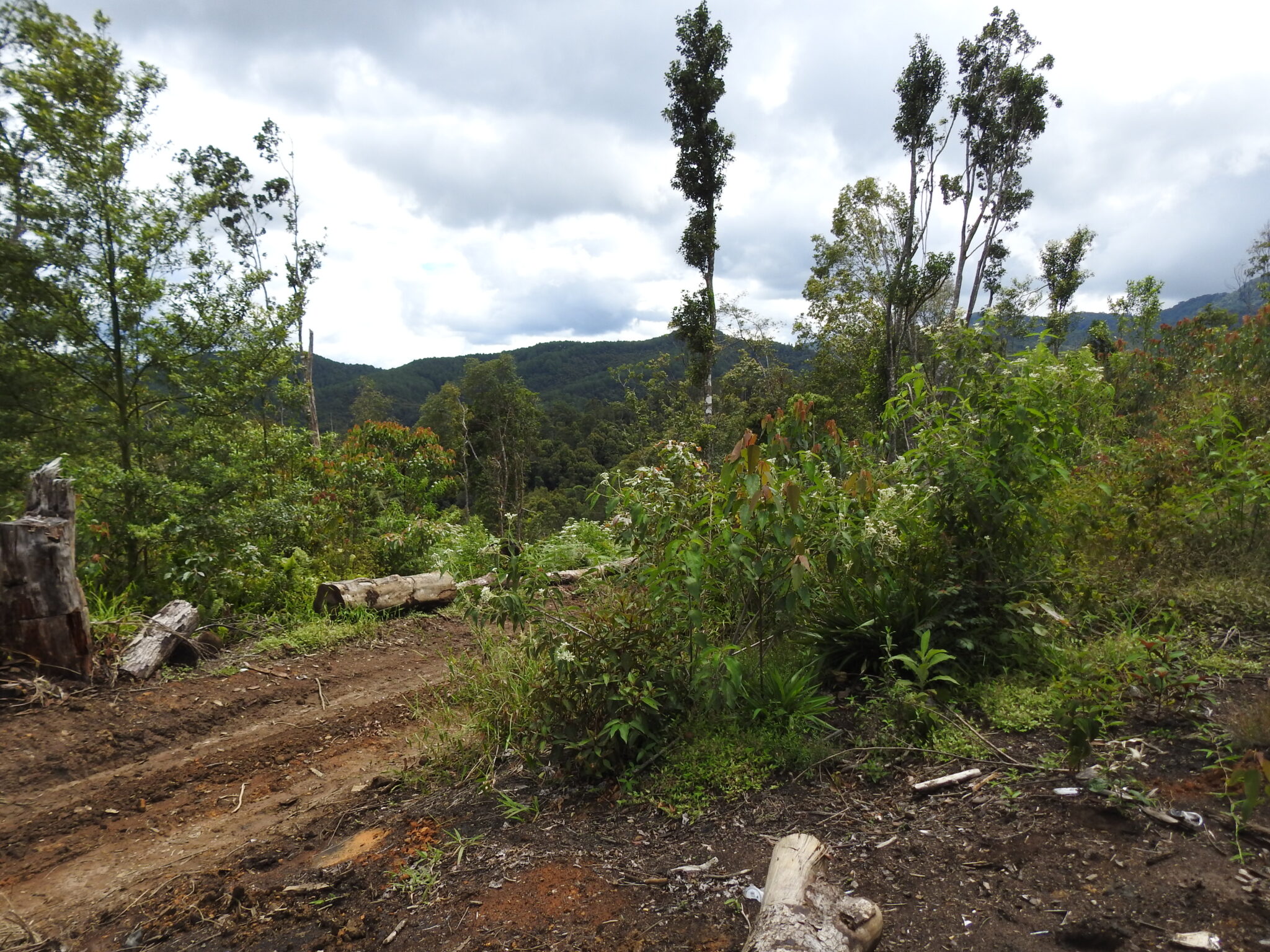
JPIK, an independent forest monitoring network, will increase the monitoring capacity of JPIK members, Indigenous Peoples and local communities and forest rangers by using the GFW platform to detect illegal logging and deforestation. Independent monitors from these groups will conduct field monitoring missions to verify data from GFW alerts in the Kerinci Seblat National Park, which covers four provinces in Sumatra, Indonesia, and contains a diversity of plants and animals including tigers, elephants and tapirs.
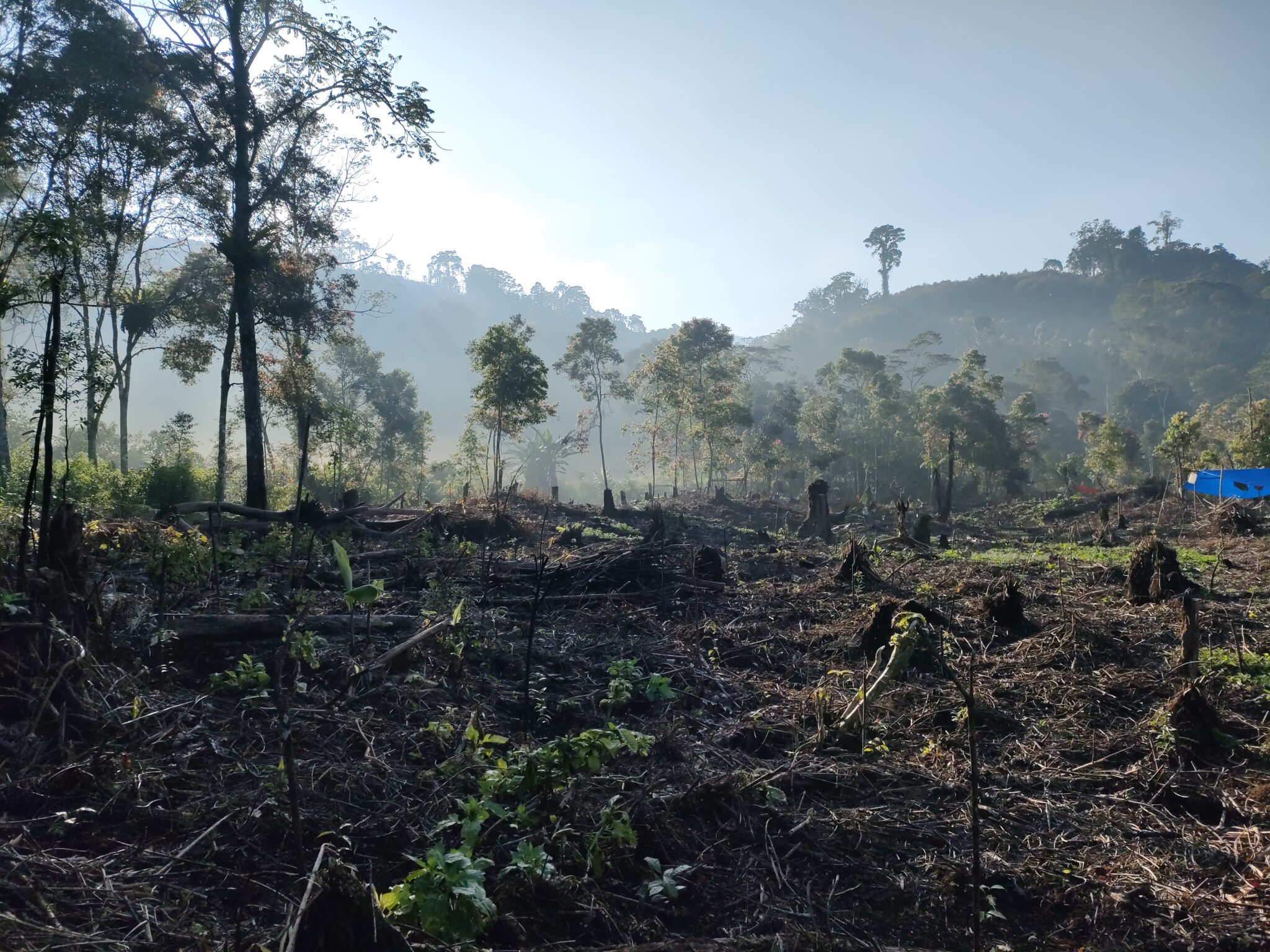
Asociacion Bosques del Mundo, also known as Forests of the World, will work in two hotspots of illegal deforestation in the Pico Bonito National Park in Honduras to strengthen forest monitoring and enforcement with the goal of reducing GFW deforestation alerts in the hotspots by 10%. This project will also engage local communities in forest monitoring activities and increase capacities of local and regional authorities to resolve formal complaints about illegal deforestation.
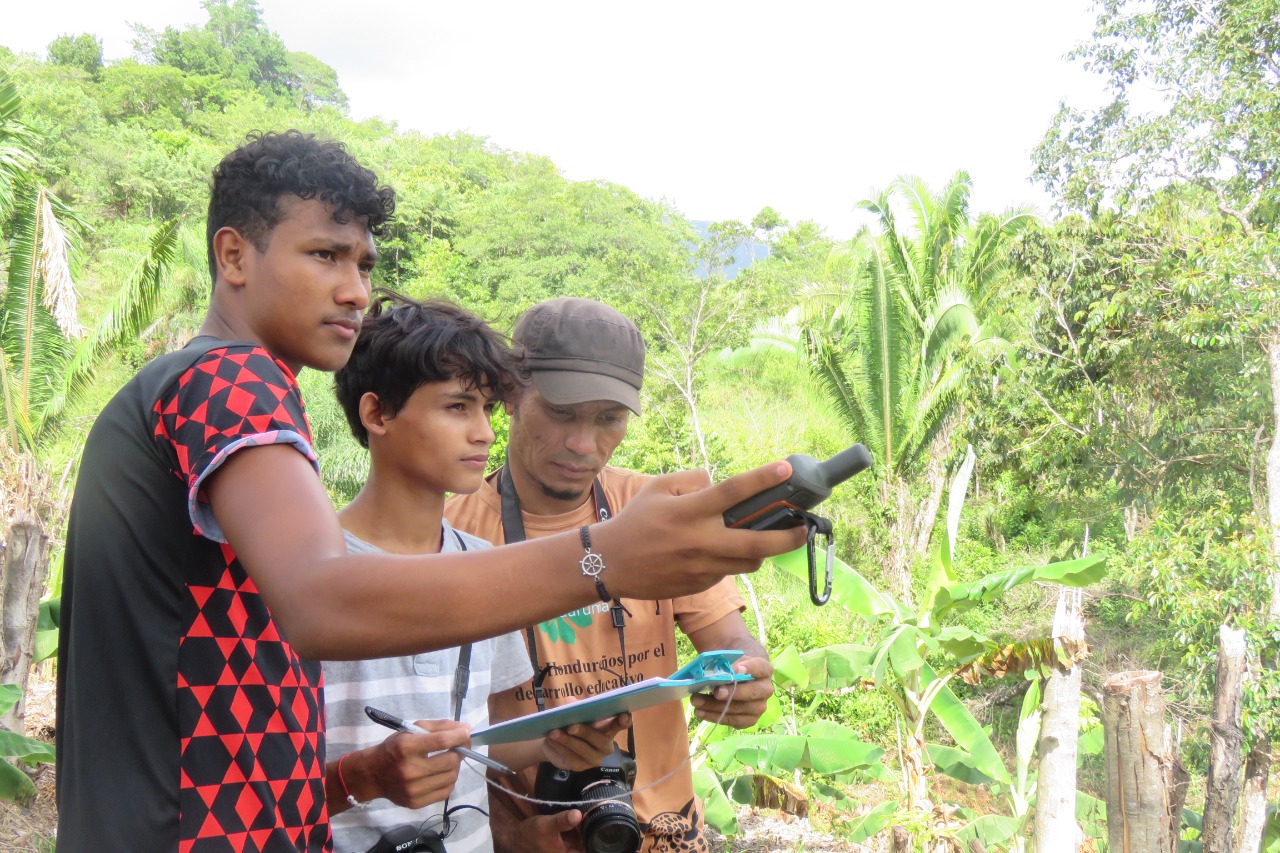
Civic Response is working in the Sui Forest Reserve in Ghana, a biodiversity hotspot, to reduce deforestation due to activities such as illegal mining, illegal cocoa farming and illegal logging. Through educating community members on new EU regulations on halting deforestation and training using the Forest Watcher app to verify and report deforestation, Civic Response will use community monitors’ findings to create maps and other materials to enforce corrective actions of illegal activities.
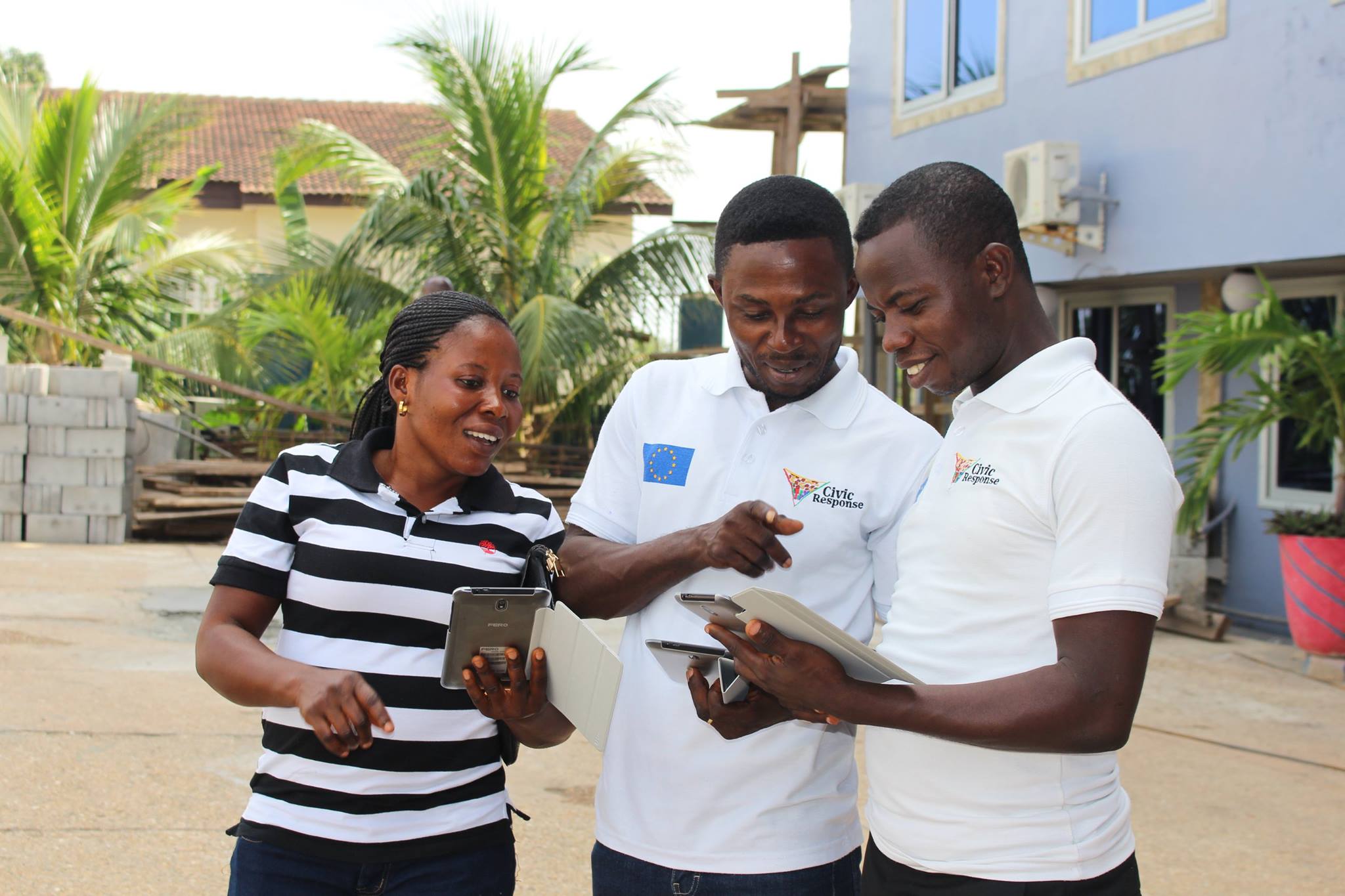
Promoting Multi-Stakeholder Approaches to Forest Monitoring and Management
Successful forest management and responses to deforestation involve multiple actors, including local authorities, municipal officials, journalists and local communities. 2023 SGF grantee projects recognize the importance of gathering disparate actors for joint action to monitor and sustainably manage forests.
In the Thuong Xuan district of Vietnam, the Center for Nature Conservation and Development will provide technical support for local communities to participate in forest monitoring and management and will train forestry staff and local communities on the use of early warning tools, such as deforestation and fire alerts, to quickly handle or prevent violations.
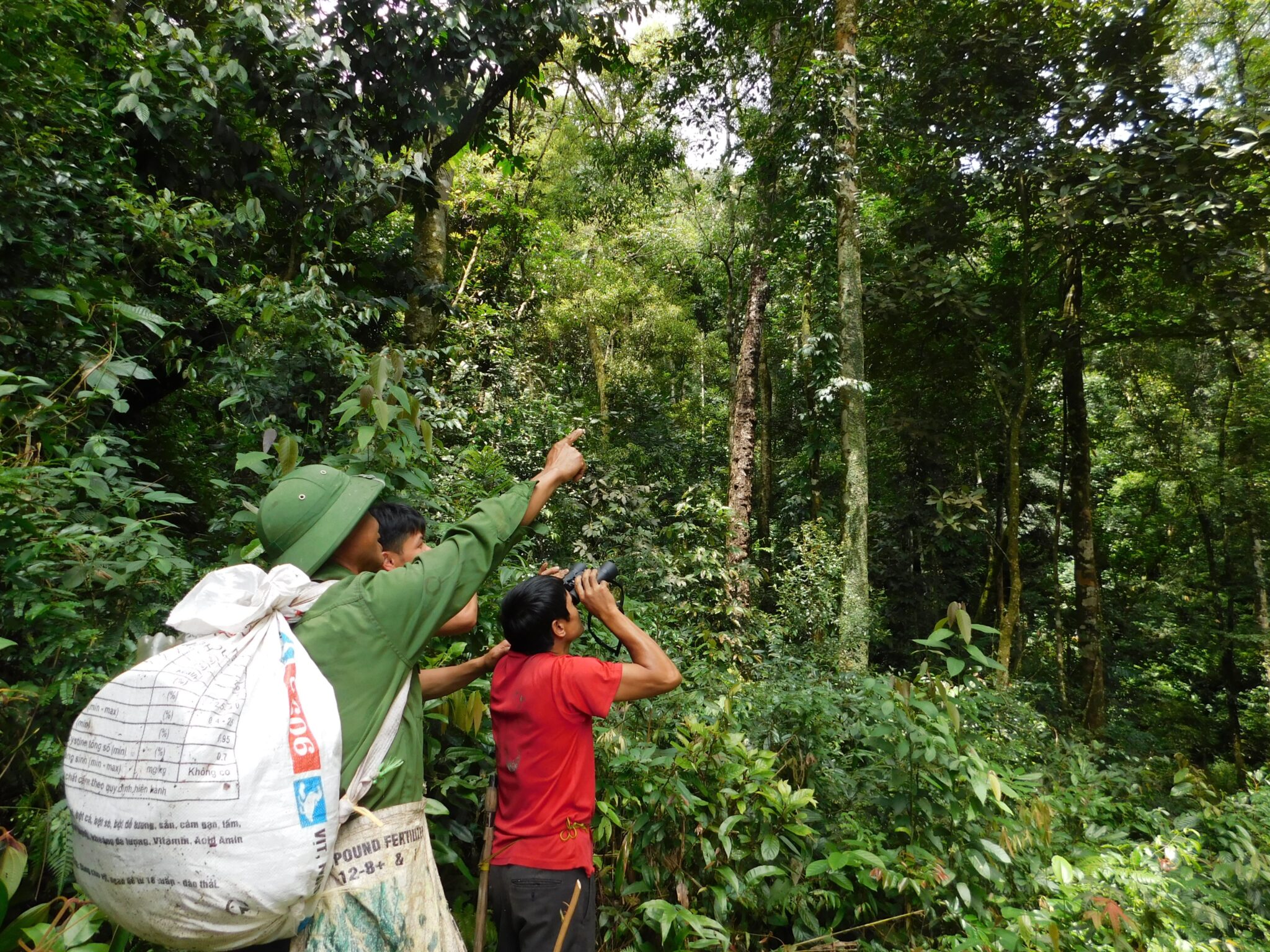
Medellin Botanical Garden (MBG) will work with municipal officials, local organizations and journalists in Antioquia, Colombia, to raise public awareness and strengthen capacity to use deforestation alert systems to monitor, verify and respond to threats in over six million hectares of forests. They will provide in-person training workshops for environmental officers and local and regional journalists on how to access, interpret and analyze deforestation data on GFW. In addition, MBG will design and establish a free media-based learning program for training non-experts in forest monitoring using GFW tools.
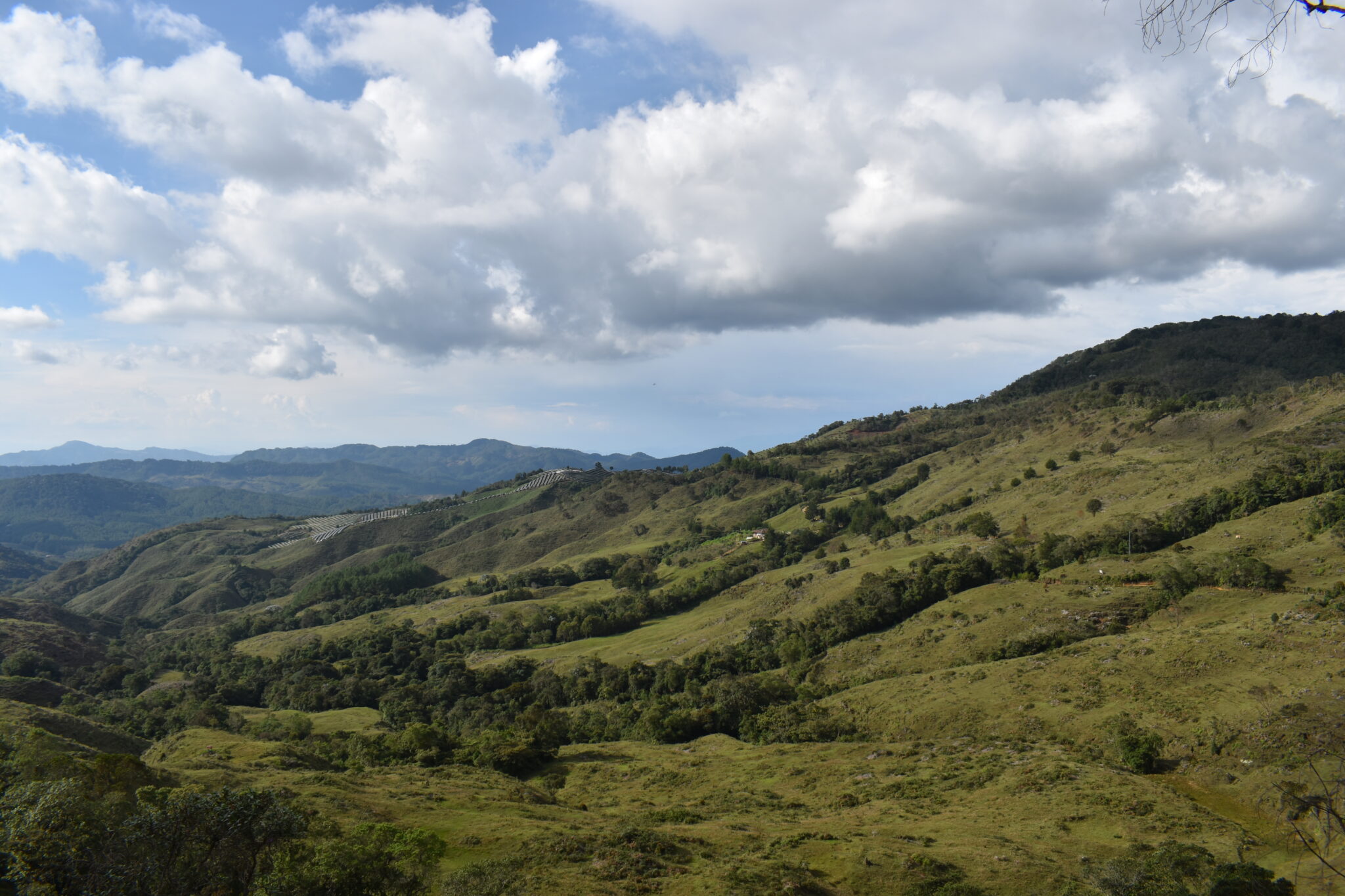
In the Democratic Republic of the Congo, Observatoire de la Gouvernance Forestière will work to disrupt the flow of illegal timber by building the capacities of key actors in forest monitoring, such as the agents of the administration in charge of forest controls and civil society. As a result, they will strengthen forest law enforcement capacity to respond to deforestation events.
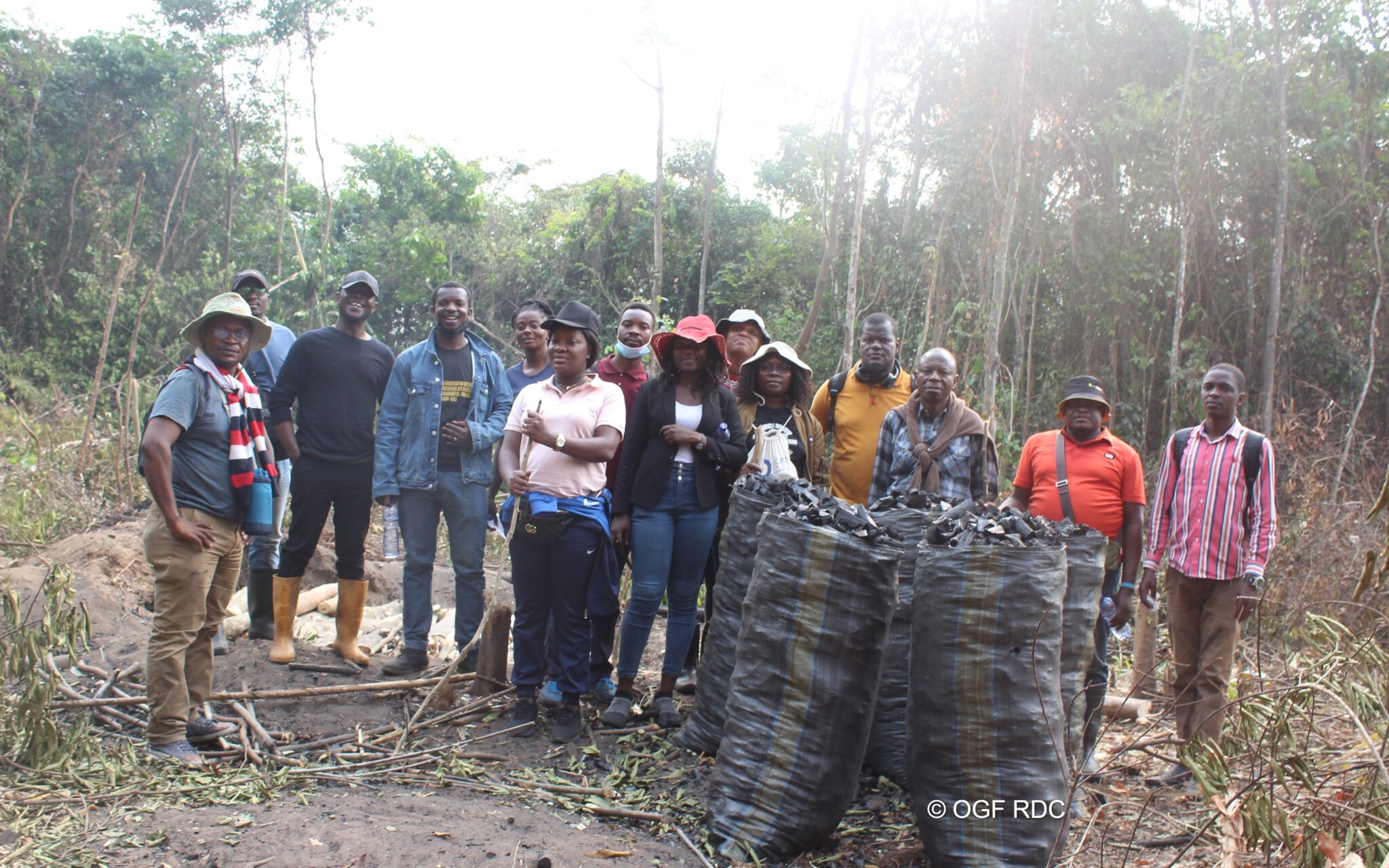
In Ghana, Hen Mpoano will build on their previous Small Grants Fund project through a more targeted approach to training and building capacities in the criminal justice system. Tailored trainings for selected judges, prosecutors and security agencies will strengthen their capacities and create a network of law enforcement agencies to report forest crimes and advocate for the creation of a Western Region environmental court system.
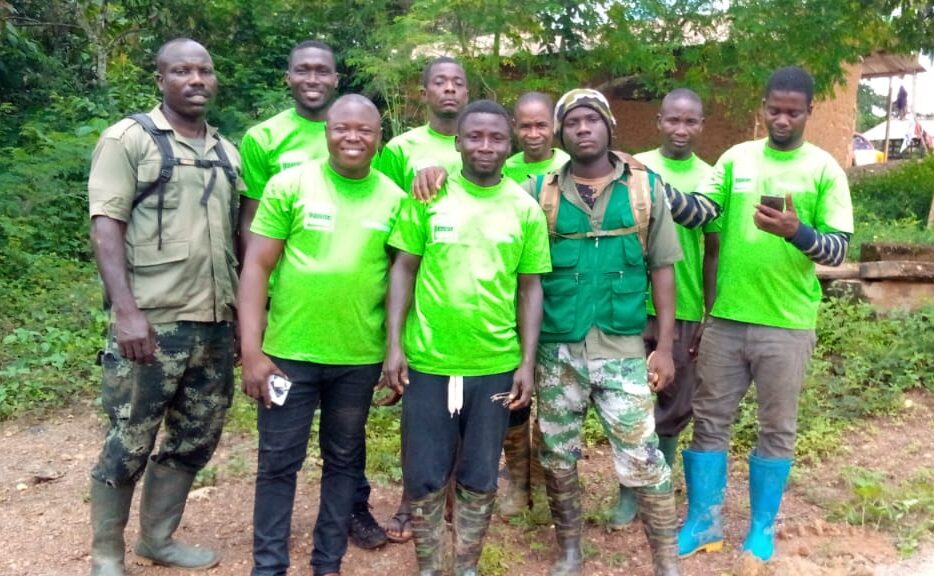
Learn more about this year’s Small Grants Fund recipients here.
